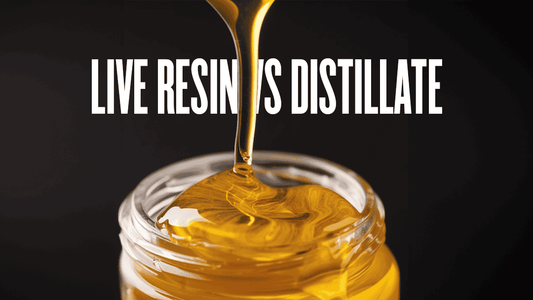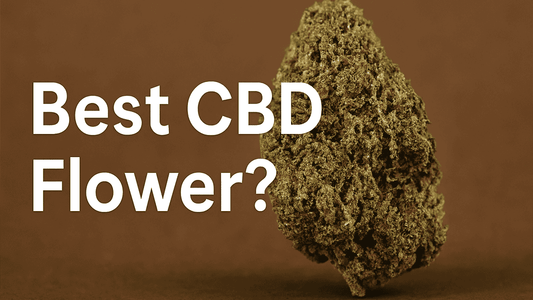Many are turning to alternative remedies to alleviate their symptoms during cold and flu season. Among these, the use of cannabis, or weed, has been a topic of much discussion and debate. This article answers the question: "Should I smoke weed when I have a cold or the flu?" We will explore the potential benefits and drawbacks and highlight some CBD products that might offer relief without the psychoactive effects of THC.
Understanding Cold and Flu Symptoms

Before delving into the role of cannabis in treating cold and flu, it's essential to understand the common symptoms. These illnesses often bring on a host of discomforts, including coughing, sore throat, congestion, headaches, and body aches. Managing these symptoms effectively can significantly improve one's comfort during recovery.
Cannabis and Cold/Flu Relief: What Does the Research Say?

The debate about using weed to treat cold and flu symptoms hinges on both its medicinal properties and potential drawbacks. Cannabis has been known for its anti-inflammatory, analgesic (pain-relieving), and antiemetic (anti-nausea) properties. These can theoretically alleviate symptoms like body aches, headaches, and nausea. However, smoking weed, especially when sick, can irritate the respiratory system, potentially worsening coughs or sore throats.
The Impact of Cannabis on the Respiratory System: Insights from Medical Studies
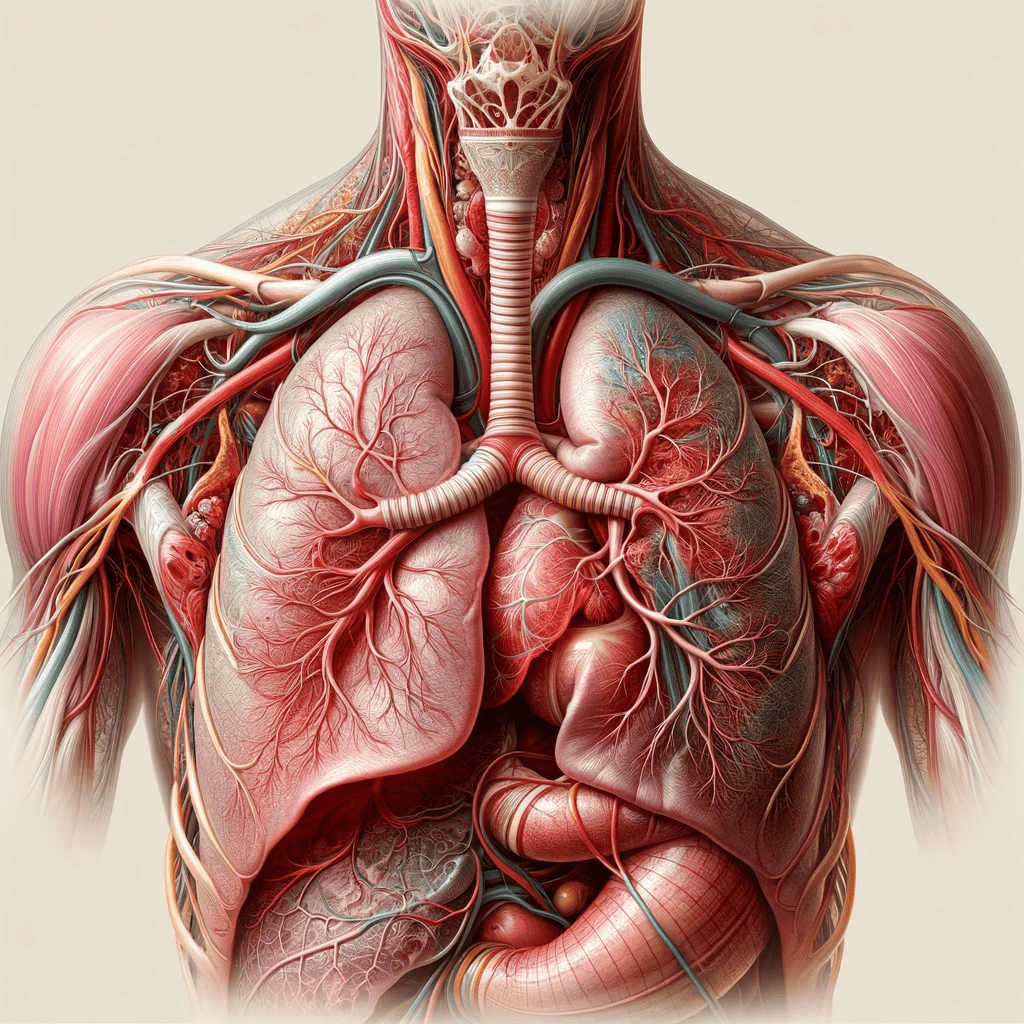
Cannabis, popularly known as weed, has been the subject of numerous studies, particularly regarding its effects on the respiratory system. Regular smoking of cannabis, even in the absence of illness, can lead to a variety of respiratory symptoms. Understanding these impacts is crucial, especially for those who turn to cannabis for medicinal or recreational purposes.
Respiratory Symptoms Associated with Smoking Cannabis
Regular cannabis smoking has been linked to several unwanted respiratory symptoms. Medical studies highlight these effects:
- Cough and Phlegm Production: Regular smoking can lead to chronic coughing and increased phlegm production.
- Wheezing and Shortness of Breath: Users might experience wheezing and difficulties in breathing.
- Throat Inflammation: The heat from the smoke can irritate and inflame the throat.
- Exacerbation of Asthma Symptoms: Individuals with asthma may find their condition worsening due to cannabis smoke.
These effects are attributed to the irritation caused by the heat of the smoke, which can damage the delicate tissue in the lungs and airways. Frequent smokers, particularly those who engage several times per day, are at a higher risk of more severe damage.
Occasional Smoking vs. Chronic Use
While chronic cannabis smoking is linked to long-term respiratory issues, occasional use may only provoke temporary symptoms, such as coughing or a burning sensation in the throat. This distinction is essential for casual users, who are less likely to experience severe long-term effects on their lungs.
Vaping Cannabis: A Safer Alternative?
Recent research points to vaping as a less harmful alternative to smoking cannabis. Two studies underscore this perspective:
- Reduced Chronic Respiratory Symptoms: A study published in PubMed Central found that vaporizer users were 40% less likely to report chronic respiratory symptoms like coughing, phlegm, and chest tightness compared to those who smoked cannabis.
- Improvement in Respiratory Symptoms and Lung Function: Another study referenced in PubMed observed that individuals who switched from smoking to vaping for 30 days experienced improved respiratory symptoms and lung function.
Given these findings, vaping emerges as a potentially safer method with fewer adverse effects on the respiratory system.
Recommended Vaporizer
For those considering vaping, the XMAX V3 Pro is a recommended option. This vaporizer is designed to provide a smoother experience, potentially reducing the respiratory issues associated with smoking.
Pros of Cannabis Use During Illness
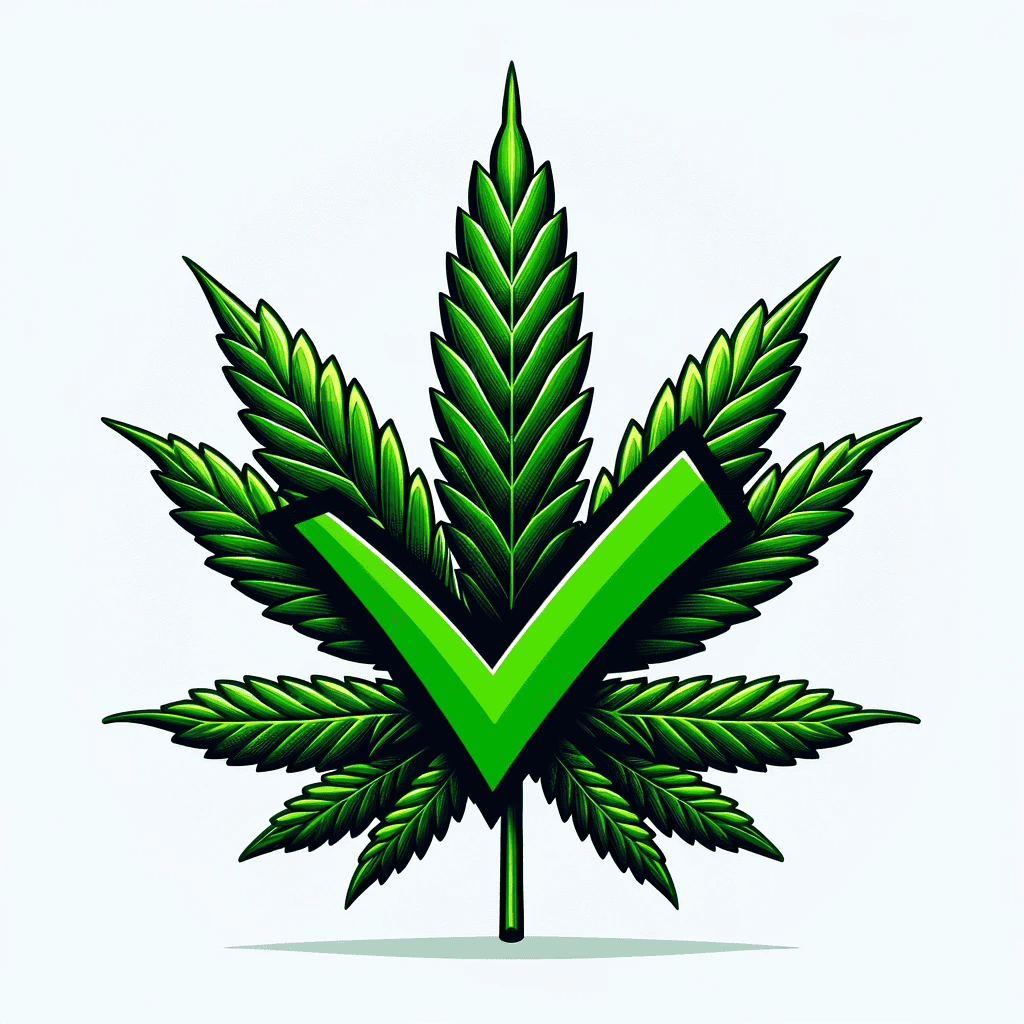
- Pain Relief: Cannabis is well-known for its ability to reduce pain, which can be beneficial for headaches and body aches associated with the flu.
- Anti-Inflammatory Effects: It may help reduce inflammation, contributing to congestion and sore throats.
- Improved Sleep: Cannabis, particularly strains high in CBD, can promote better sleep, aiding in faster recovery.
Cons of Cannabis Use During Illness
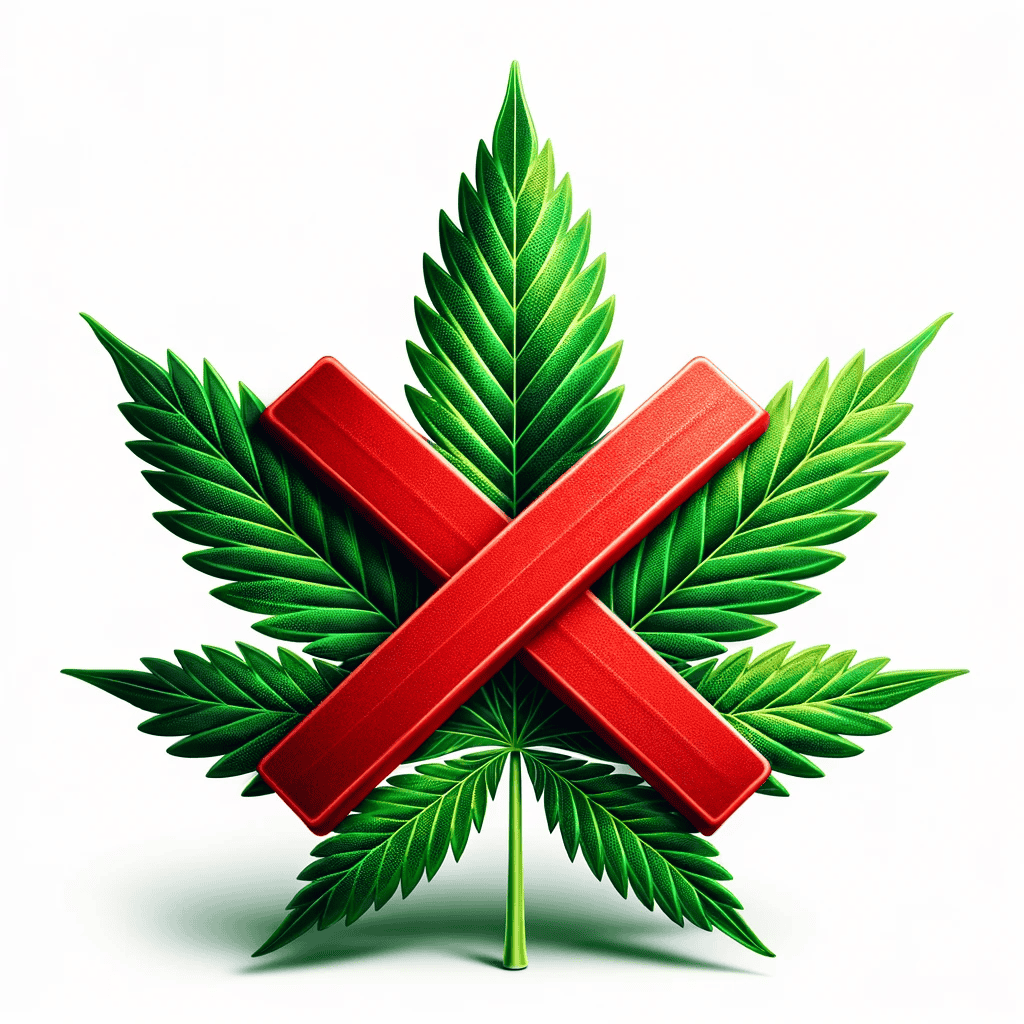
- Respiratory Irritation: Smoking cannabis can irritate the lungs, which is not ideal when dealing with a respiratory illness like the flu.
- Immune System Concerns: There is ongoing research into how cannabis affects the immune system, with some studies suggesting it could potentially suppress immune function.
Alternative CBD Products for Symptom Management

For those considering cannabis for cold and flu relief but are concerned about the effects of smoking, CBD products offer a non-psychoactive alternative. CBD, or cannabidiol, is a compound found in cannabis that does not produce a "high." Here are some CBD products that might help:
- CBD Flowers & Hash: A non-psychoactive option that can be used in various ways without the risks associated with smoking.
- CBD Oil: It is easy to consume and can be added to beverages or taken sublingually for quick symptom relief.
- CBD Gummies: A tasty, convenient way to ingest CBD, ideal for soothing throat irritation.
- CBD Cream: Useful for topical application, particularly for muscle aches and joint pains.
FAQs: Weed and Cold & Flu
Does smoking make a cold worse?
Smoking can exacerbate cold symptoms, especially those affecting the respiratory system, like coughing and sore throats, due to the irritative effects of smoke on the airways.
Is it OK to take an edible when sick?
Taking an edible when sick might offer some symptom relief without the respiratory irritation caused by smoking. However, it's essential to consider the effects on your overall health and consult a healthcare professional.
Are smokers more likely to get the flu?
Yes, smokers are at a higher risk of contracting respiratory infections like the flu and often experience more severe symptoms compared to non-smokers.
Does smoking make the infection worse?
Smoking can worsen respiratory infections by impairing lung function and reducing the body's ability to fight off infection.
Can lungs heal after 40 years of smoking?
The lungs have a remarkable ability to heal over time, even after prolonged periods of smoking. While not all damage may be reversible, quitting smoking can significantly improve lung health.
Should I smoke during fever?
Smoke during a fever is generally not advisable, as it can aggravate symptoms and hinder recovery.
Does smoking weaken the immune system?
Yes, smoking can weaken the immune system, making it more difficult for the body to fight off infections.
Is it OK to smoke when ill?
Smoking when ill can exacerbate symptoms and prolong recovery, especially with respiratory illnesses.
What not to do when you have a high fever?
When experiencing a high fever, it's important to avoid activities that could strain the body, such as intense exercise, smoking, or consuming alcohol. Rest and hydration are essential.
Is it good to smoke with COVID?
Smoking is not recommended when dealing with COVID-19, as it can worsen respiratory symptoms and overall health outcomes.
Can CBD help coughing?
CBD may help reduce inflammation and alleviate some symptoms like coughing, but its effectiveness can vary. It doesn't irritate the lungs like smoking does.
What is the difference between a cold and the flu?
Both are respiratory illnesses, but different viruses cause them. Flu symptoms are generally more severe and include fever, body aches, and extreme fatigue, which are less common in colds.
Is it good to keep eating when sick?
Maintaining nutrition is important when sick, but eating easily digestible foods and avoiding overeating is advisable.
Conclusion: Should You Smoke Weed When You're Sick?
The decision to use cannabis or CBD products when you're dealing with a cold or the flu is a personal one and should be made with consideration of your overall health and the severity of your symptoms. While cannabis may offer some symptom relief, it's crucial to weigh the pros and cons, especially the potential respiratory irritation from smoking. As with any remedy, it's advisable to consult with a healthcare professional before trying new treatments.
CBD products present a viable alternative to smoking weed, offering many of the same benefits without the risks associated with smoking. Whether you choose to use cannabis or CBD products, remember that rest, hydration, and proper nutrition are also critical components in recovering from the cold or flu.

 4.6 Rating. Excellent.
4.6 Rating. Excellent.

